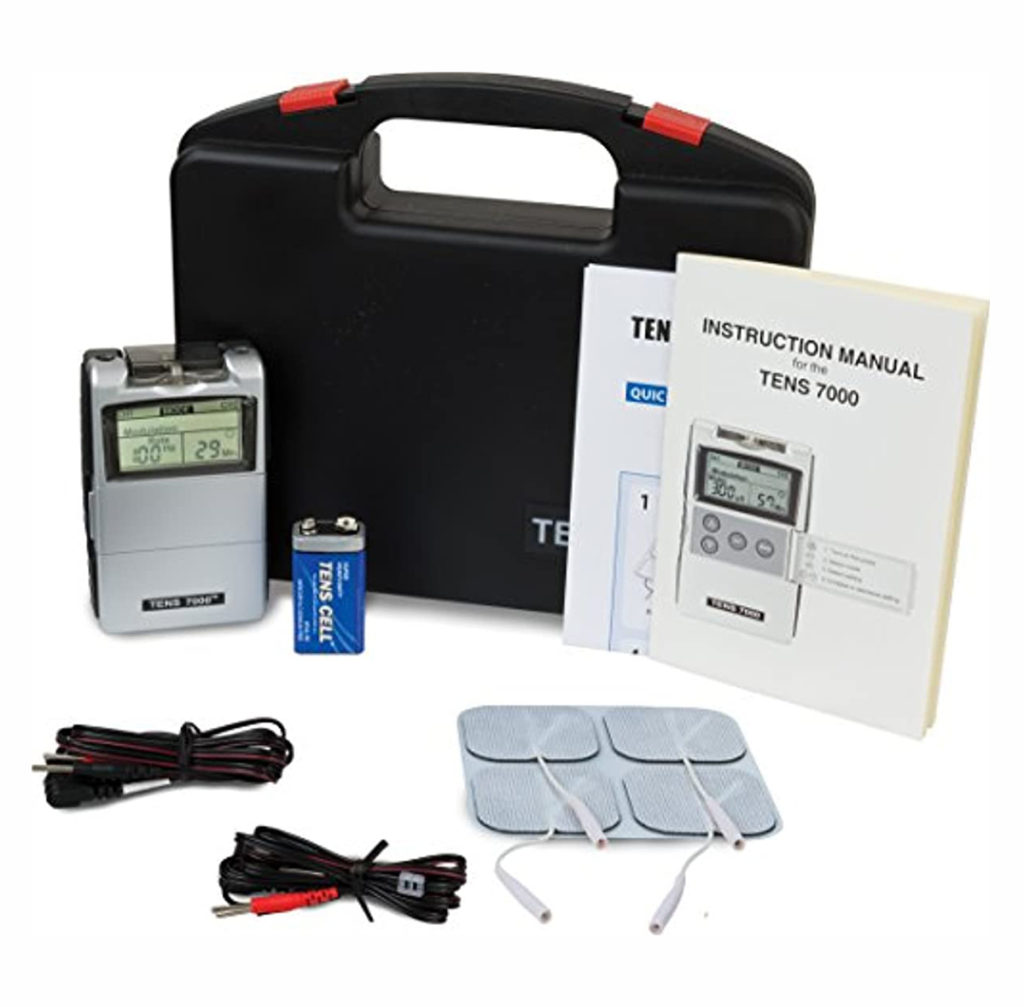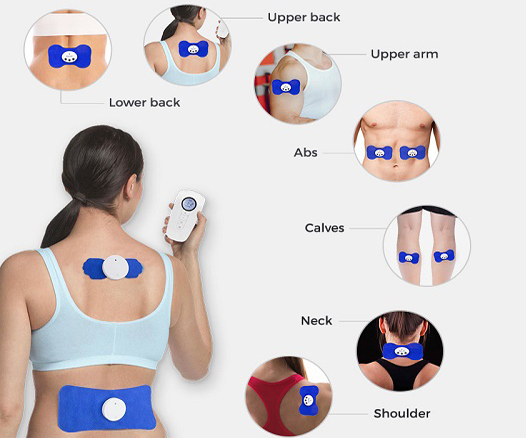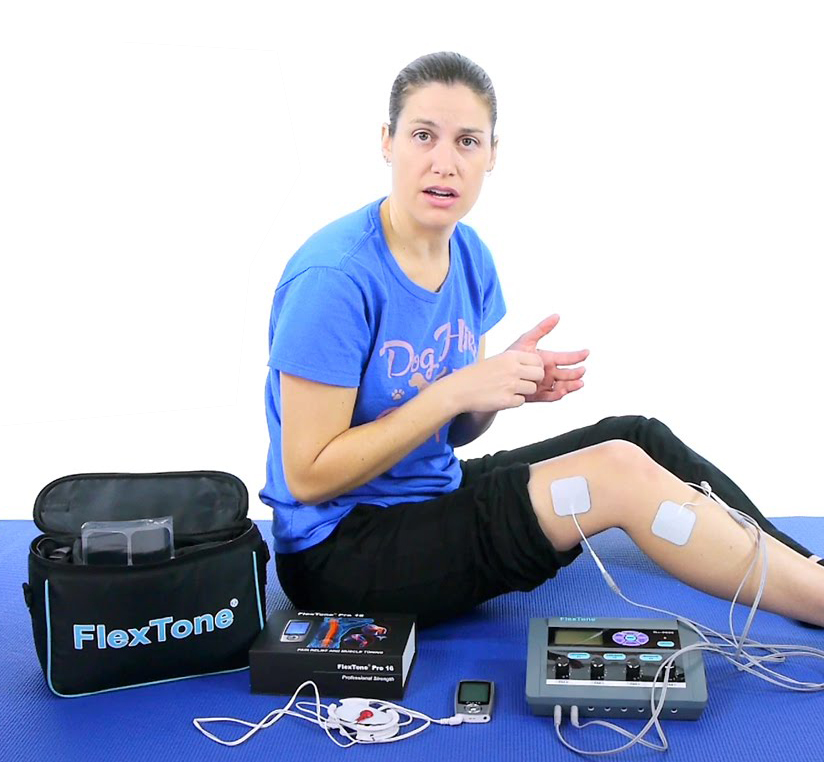A transcutaneous electrical nerve stimulation (TENS) unit is a battery-operated device that some people use to treat pain.
TENS units work by delivering small electrical impulses through electrodes that have adhesive pads to attach them to a person’s skin.
These electrical impulses flood the nervous system, reducing its ability to transmit pain signals to the spinal cord and brain.A transcutaneous electrical nerve stimulation (TENS) unit is a device that sends small electrical currents to targeted body parts. These currents are used to relieve pain. Some TENS units are designed for use in a hospital or healthcare facility. Others are safe to use at home. TENS therapy subdues hyperalgesia, which is a high sensitivity to pain. The pain may be located anywhere on the body.
The same electrical impulses also stimulate the body to produce natural pain relievers called endorphins.
In this article, learn more about the uses of a TENS machine and the research on its effectiveness.




